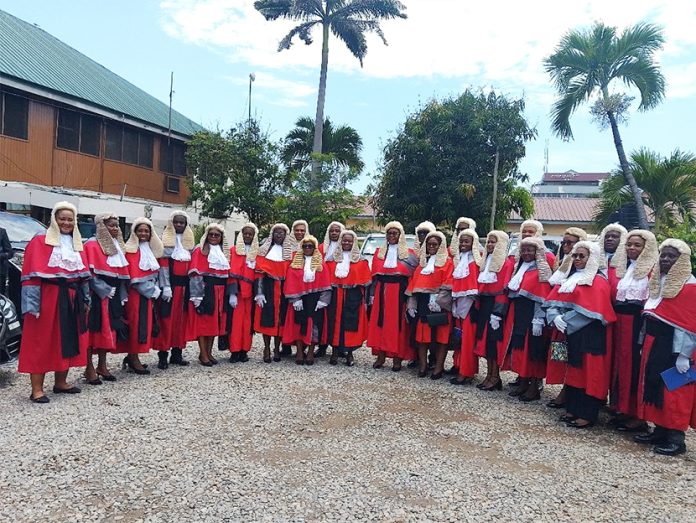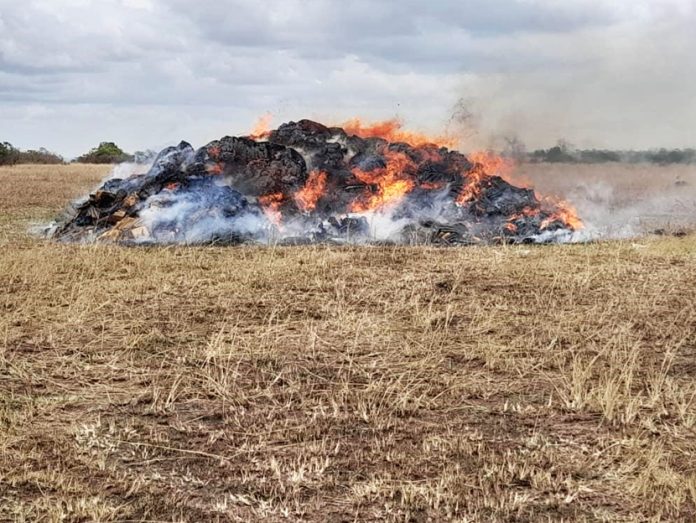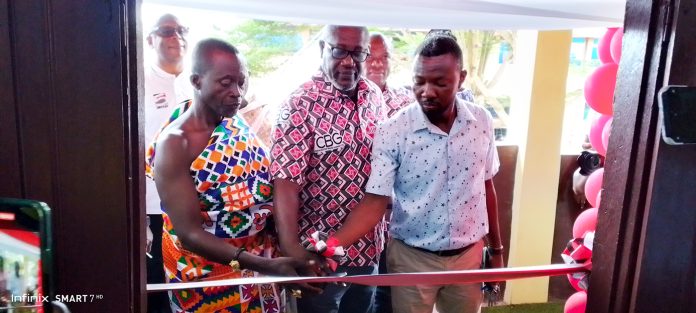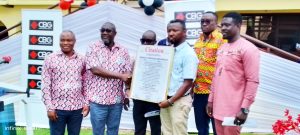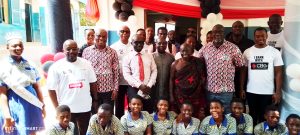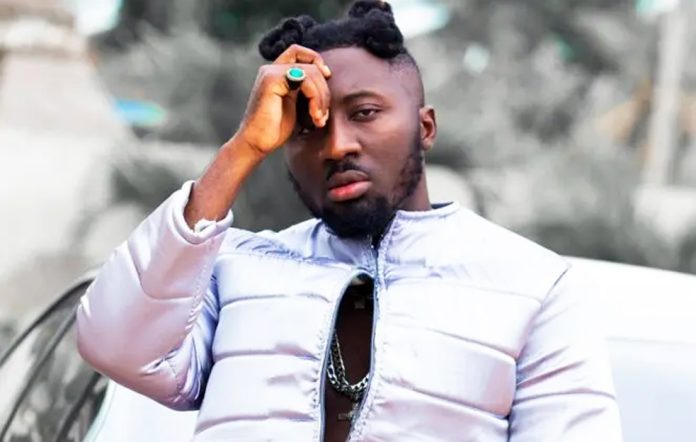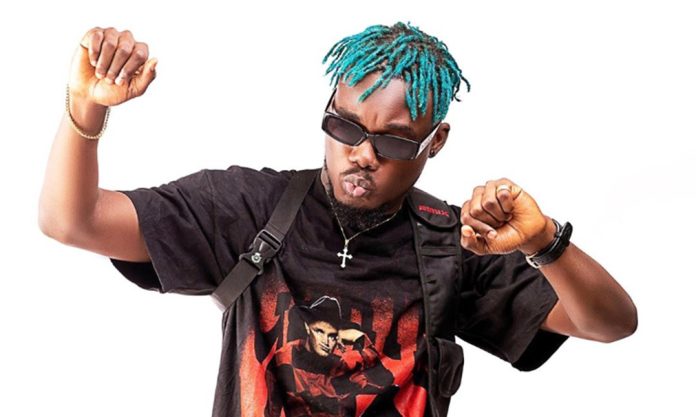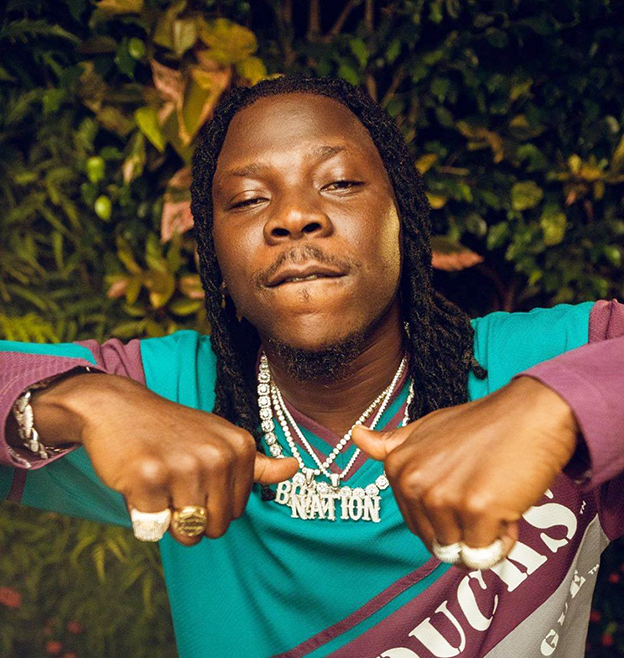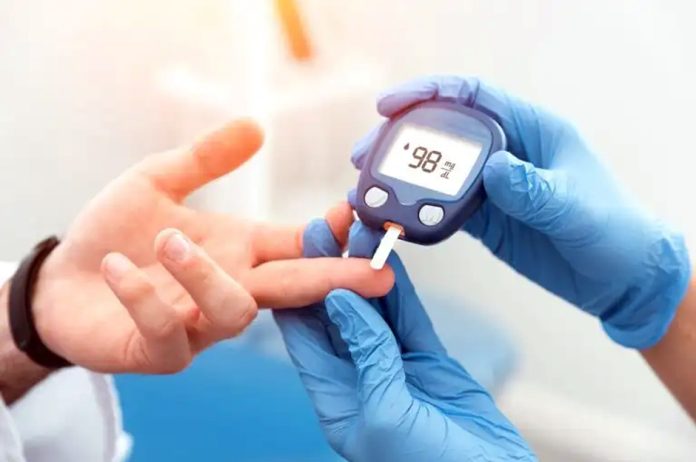The Ghana National Association of Small-Scale Miners (GNASSM) has bolstered its taskforce and monitoring units with modern machinery to combat illegal mining, known locally as galamsey, which has ravaged Ghana’s environment and water resources.
Equipped with two speedboats, enhanced personnel and advanced techniques, the GNASSM’s taskforce and monitoring units now have a broadened scope to protect Ghana’s river bodies and highways.
Their primary focus is to patrol river bodies and apprehend illegal miners polluting these water sources, monitor and arrest galamseyers operating near highways and target fabricators of dredgers used in illegal mining.
Call for Government Support
Addressing a press conference in Kumasi on Friday, October 3, 2024 under theme: ‘Operation Save Our Waters: A Quest for Equity’, the General Secretary of the GNASSM, Godwin Armah, underscored the need for government support.
“We need support from the government in terms of personnel and logistics. The government’s trained water guards should be brought onboard for us to work together to clamp down on those mining in our river bodies”, he said.
Community-Driven Approach
On the sidelines of the press conference, the Vice-President of the GNASSM, Samson Wiredu, advocated for a community-driven approach, leveraging local intelligence to combat galamsey.
“Our taskforce and monitoring units are part of the community system. We have all the intelligence needed to clamp down on illegal mining.
“We know the perpetrators and are going after them. What we require from the government is to allow us to lead this fight and support us with security personnel and logistics in the form of patrol cars and other machinery”, he noted.
Recent Successes
Concurrently with the press conference, the Eastern Regional arm of the GNASSM taskforce and monitoring unit, in collaboration with the police, arrested an illegal miner on the Birim River in Akyem Mosso, in the Atiwa West District.
Background checks revealed that the illegal miner is a Togolese national. About 40 other illegal miners swam across the Birim River to evade arrest. Twenty (20) changfan machines that were being used by the illegal miners on the river body were destroyed by the taskforce unit.
In February, this year, the GNASSM taskforce and monitoring unit also arrested 29 galamseyers in a swoop exercise that was conducted at three separate sites at Akyem Pramkese in Kwaebirim Municipality of the Eastern Region.
The taskforce and monitoring unit of the GNASSM has played a crucial role in promoting responsible mining practices and combating illegal in Ghana.
It has for instance, adopted the Birim River as a pet project to showcase their commitment to the fight against galamsey. The taskforce and monitoring unit aims to reduce the turbidity level of the river.
Concerns over Mining in Forest Reserves
Apart from GNASSM appealing for support, the association also expressed concerns about mining in forest reserves, citing the potential for irreparable damage to Ghana’s biodiversity and natural resources. Forest reserves like Tano Offin and Atewa Range are globally recognised for their significant biodiversity.
The GNASSM urged the government reconsider granting mining licenses for operations in forest reserves, enforce sanctions prescribed under the Minerals and Mining Act, Act 2006 (703) as amended.
Caution Against Sit-Down Strike
In response to Organised Labour’s planned sit-down strike beginning October 10, 2024 the GNASSM cautioned that such action would cause more harm than good to Ghana’s fragile economy.
“We call on the government to urgently, signal a credible way forward on the galamsey issue so as to avert the damaging effects of a general strike on our already fragile economy. Labour and government should engage in discussions towards finding lasting solutions to illegal mining, which respects the role of the relevant technical and regulatory institutions and without political partisanship”, Armah appealed.
“We will plead with Organised Labour to reconsider their decision on the intended strike and work together with the government in finding lasting solutions to the challenge confronting all of us,” he added.
The small-scale miners’ association also appealed for a bipartisan approach in dealing with the illegal mining menace, urging that “those who are politicking with the issue for their own selfish gain should desist from it”.
By Stephen Odoi-Larbi


